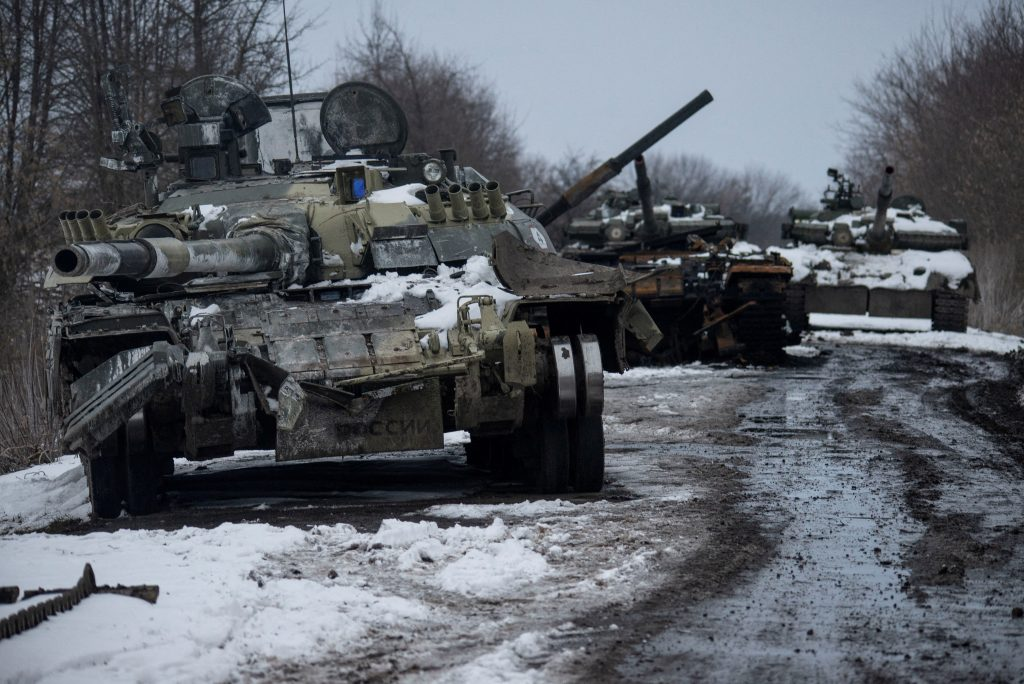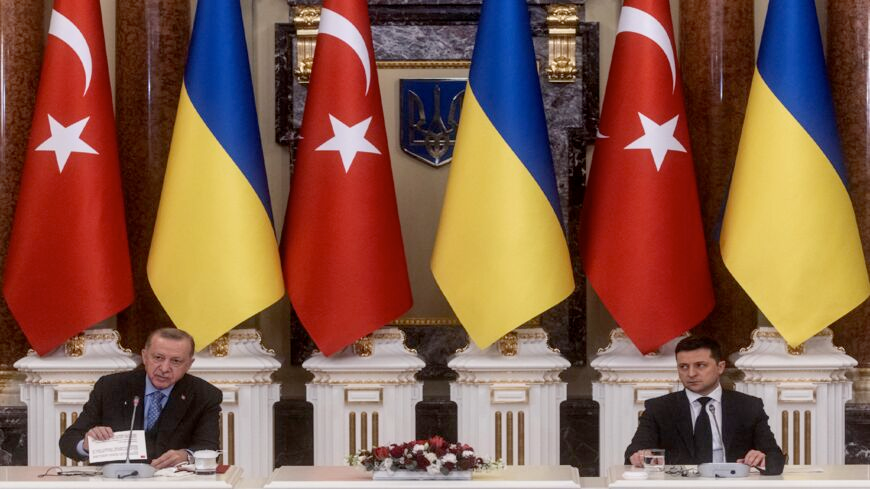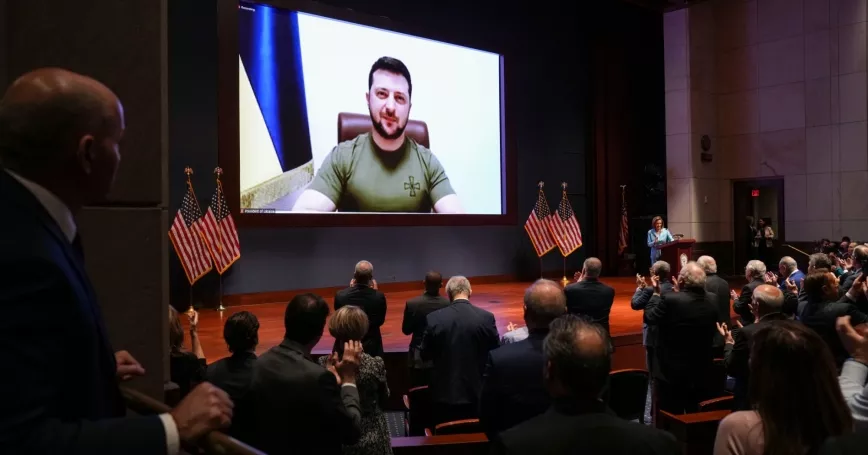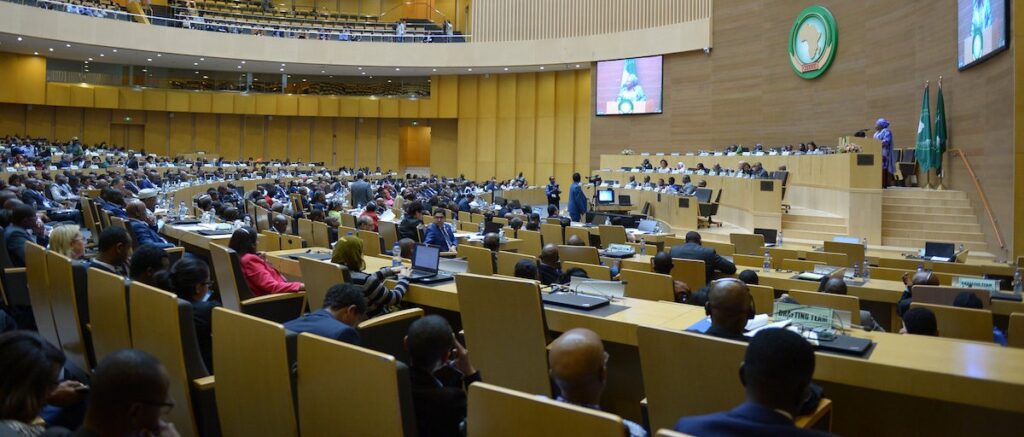Vladimir Putin has almost no chance of successfully occupying Ukraine

Ukrainians are bravely defending their country against Russian aggression, but President Vladimir Putin’s forces have seized or are on the verge of seizing a number of cities across southern and eastern Ukraine.
In the coming months, Russia could potentially gain control over approximately half of the country running from Kyiv in the north to Odesa in the south and the Donbas in the east. If they are successful, Russian occupying forces will assume responsibility for approximately 20 million people across an area the size of Norway.








